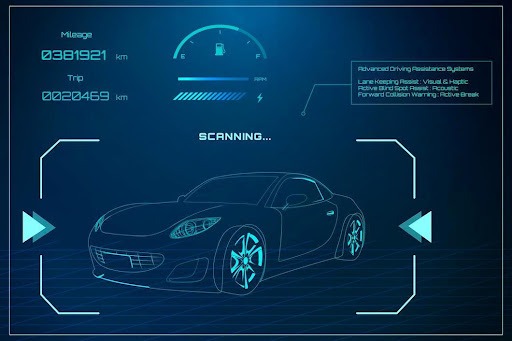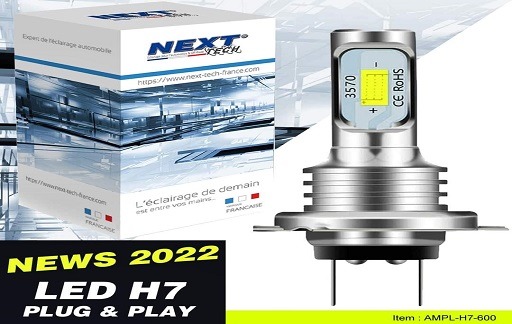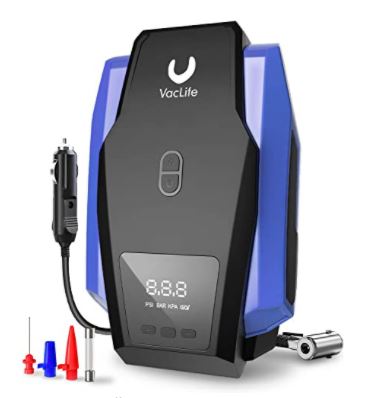Nowadays, it’s become as important to have a vehicle you can use for multiple purposes other than traveling. That’s why many automotive brands keep on innovating designs for other autos besides passenger cars. Eventually, pickups drove to the front of the line as one of the top options for passenger vehicle alternatives.
Their capabilities have improved from what the first versions of pickups could do. Today’s models can carry and tow heavier loads and are more fuel-efficient. Manufacturers have also designed better-looking pickups and a boatload of combinations of its different parts.

While you have different purposes for wanting a pickup, it has to check the basics to be a quality vehicle. Those things will help you determine the type of pickup that fits your needs. Read the important things to consider when buying a pickup truck here.
Cabin size and seating
There are three main kinds of pickup truck cabin sizes. The most basic is the regular cab, also known as the single cab, which has two doors and fits three passengers. It’s followed by the extended cab, which has smaller rear doors and a backseat.
The last one is the crew cab, the biggest, with four doors and a spacious backseat. However, buying a pickup truck with a crew cab has smaller cargo beds.
The most practical choice is the crew cab, although they cost more than the other smaller cab sizes if you don’t need that much room for cargo. So if you’re wary about your budget, the single cab is the friendlier option.
You may also like How to Look After a Zd30 Turbo Engine?
Cargo bed
Their open cargo beds are what separates pickups from other vehicles. It’s a unique factor that attracts many into buying one. Each pickup cargo bed differs in length and accessories as well.
A full-sized pickup’s maximum cargo bed length is 8 feet, while all the other sizes range from 5 to 6 feet. Accessories may include a tailgate step, LED lights, stowable load ramps, and remote tailgate releases.
As for how much payload a pickup can carry, many models today can carry up to three tons because of their powerful engines. In addition, you can attach a trailer to those pickups if you need more space, and they can pull it without a problem.
Off-road capabilities
Most pickups have light truck tires and are four-wheel drives, making them capable of off-roading. However, their ability to cope with much tougher terrain depends on the model due to these factors:
- Wading depth – The larger this figure is, the deeper the water you can cross without worrying about flooding the pickup’s engine.
- Approach and departure angles – A pickup with shorter overhangs (bodywork and bumpers) that curves up is better for steeper slopes.
- Ground clearance – A pickup with a large gap between its bottom and the ground is less likely to get scraped up by uneven surfaces.
Recent pickup models have incorporated advanced technology to address off-roading issues. Manufacturers have installed driver assistance systems to help drivers navigate tough terrain and make handling and maneuvering easier.
You may also like Get Your Vehicle Serviced by Jeep Service Mechanic
Engine power and fuel economy
Although pickup trucks aren’t the size of regular commercial trucks, their engines are still quite powerful. Even smaller four-cylinder engines on pickups can make substantial power, so even the smaller sizes can deliver good driving performance.
Smaller engines also have better fuel economy. However, if you plan to use a pickup for towing, you’ll need larger ones that can do the work. Diesel engines are the most practical choice for towing because they can generate enough power for it and still be fuel-efficient.
Conclusion
Pickup trucks have a variety of models you can choose from that can fit your needs. It’s also a useful vehicle whether you’ll use it mostly for yourself or with other people. So keep all these things in mind when you’re buying one to purchase a satisfactory choice.
![]()













